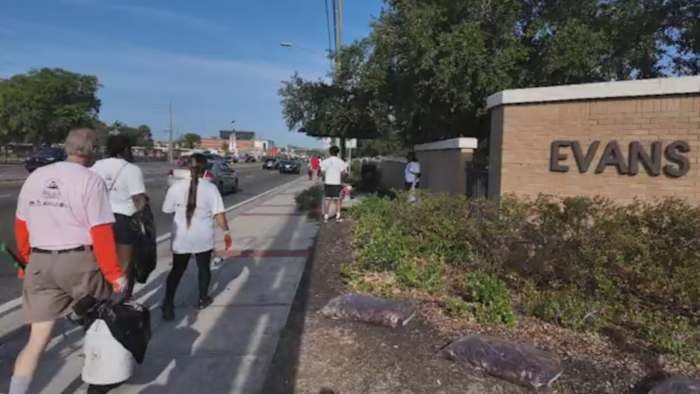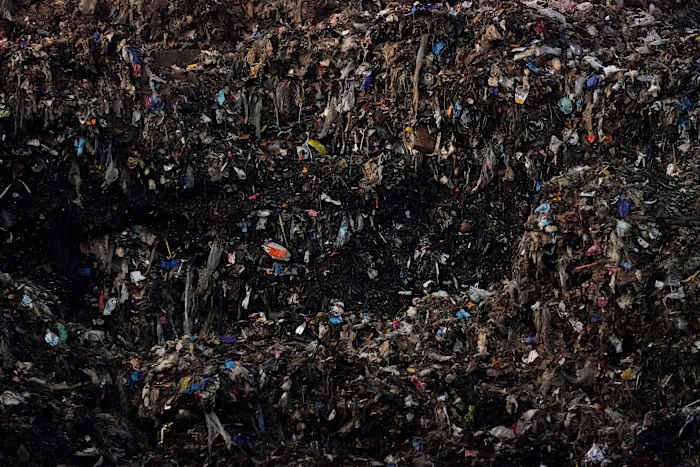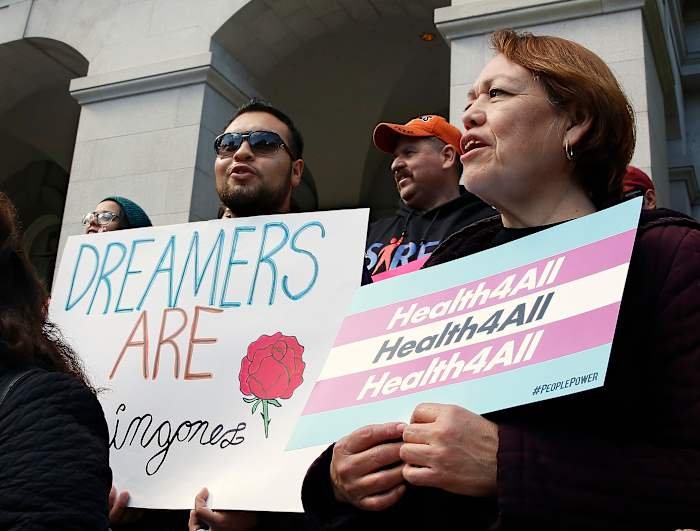Daily Orlando News – As the humanitarian crisis in Gaza deepens, international organizations are sounding the alarm over new Israeli plans to control the distribution of aid. The United Nations and other aid agencies have issued stark warnings that these measures could further endanger civilian lives and worsen already dire conditions in the Palestinian territory. While this issue unfolds thousands of miles away, it resonates deeply here in Orlando, home to a diverse community with strong ties to the Middle East and a longstanding tradition of supporting global humanitarian causes.
Understanding Israel’s New Aid Distribution Plans
For months, humanitarian organizations have struggled to deliver aid to Gaza amid ongoing conflict and severe restrictions. In recent weeks, the Israeli government has unveiled plans to take greater control over how and where aid is distributed within Gaza. According to UN officials, these new measures include establishing designated checkpoints, stricter screening of aid convoys, and increased involvement of Israeli forces in the delivery process.
Israel claims these steps are necessary to prevent aid from falling into the hands of Hamas, the militant group in control of Gaza. However, UN agencies argue that such restrictions make it nearly impossible to reach the most vulnerable civilians—particularly children, the elderly, and the sick. The number of humanitarian corridors is limited, and access is frequently delayed or denied, leading to shortages of food, medicine, and other critical supplies.
UN Agencies and Humanitarian Groups Raise Alarm
The United Nations Office for the Coordination of Humanitarian Affairs (OCHA) has described the situation as “catastrophic,” warning that further constraints on aid access will only increase suffering and death. Other groups, such as Médecins Sans Frontières (Doctors Without Borders) and the International Red Cross, have echoed these concerns, calling for immediate action to protect civilians and guarantee safe, unimpeded passage for humanitarian convoys.
In a joint statement, several major aid organizations emphasized that the Israeli proposals violate international humanitarian law, which mandates the protection of civilians and their right to receive essential assistance during conflict. “Every day of delay or obstruction costs lives,” said a spokesperson for the World Food Programme. The agencies are urging the international community—including the United States—to pressure Israel to allow more flexible and efficient aid delivery mechanisms.
The Human Toll: Suffering on the Ground in Gaza
Reports from the ground paint a harrowing picture. Gaza’s hospitals are overwhelmed, and many are operating with bare minimum supplies. Food insecurity has reached unprecedented levels, with hundreds of thousands at risk of starvation. Clean water is scarce, and outbreaks of disease are becoming more frequent as sanitation systems collapse.
For families in Orlando with relatives in Gaza, the situation is especially distressing. Local organizations, such as the Council on American-Islamic Relations (CAIR) Florida and Orlando-based Palestinian support groups, have reported an outpouring of concern from residents desperate for news and eager to send help. Many have organized fundraising drives, rallies, and advocacy campaigns, urging elected officials to push for a ceasefire and more robust humanitarian access.
Orlando’s Response: Solidarity and Advocacy
Orlando’s multicultural population includes many Palestinian Americans and others with family or cultural ties to the region. Local faith groups, charities, and student organizations have been active in responding to the crisis. For example, the Islamic Relief USA and the UNRWA USA National Committee have seen increased support from the Orlando area, as residents contribute to emergency aid campaigns.
Community leaders have also called on local and state officials to use their influence to advocate for humanitarian principles and support diplomatic solutions. Events such as interfaith vigils and educational panels have drawn attention to the crisis and offered Orlando residents opportunities to learn more and take action. The city’s response demonstrates the enduring impact of global events on local communities—and Orlando’s commitment to compassion and justice for all.
What’s Next: Calls for International Action
The coming days and weeks will be crucial as diplomats, aid agencies, and governments work to find solutions. UN Secretary-General António Guterres has called for an immediate ceasefire and unfettered humanitarian access to Gaza. Meanwhile, the United States, as Israel’s closest ally, faces mounting pressure to leverage its influence to protect civilians and ensure the flow of lifesaving aid.
For Orlando residents, staying informed and engaged is more important than ever. Local organizations encourage the community to contact their congressional representatives, participate in advocacy campaigns, and support reputable humanitarian groups working on the ground.
Conclusion: Your Voice Matters
The crisis in Gaza is a global concern, but it is also a local one for many here in Orlando. As the situation continues to evolve, our community stands in solidarity with those affected and remains committed to advocating for peace, justice, and humanitarian relief.
We want to hear from you! How is the Gaza crisis affecting you or your community in Orlando? Are you involved in local relief or advocacy efforts? Please share your thoughts, experiences, or questions in the comments below.
















